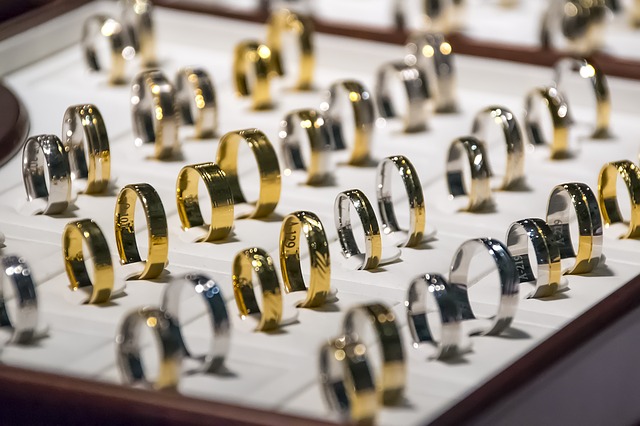Diamonds have long symbolized love, luxury, and wealth, but beneath their sparkling surface lies a dark and often bloody history. What are blood diamonds, and why should we care about the ethical implications of our jewelry choices? In this article, we’ll explore the origins, impact, and ongoing issues related to blood diamonds, providing insights and potential solutions for consumers and the industry alike.
What Are Blood Diamonds?
Blood diamonds, also known as conflict diamonds, are diamonds mined in war zones and sold to finance armed conflict against governments. These gems often originate from countries plagued by civil war and political instability, such as Sierra Leone, Angola, and the Democratic Republic of Congo. The term “blood diamond” evokes the human suffering and environmental devastation tied to these precious stones.
The Origin and History of Blood Diamonds
The issue of blood diamonds gained international attention in the late 1990s, but the problem dates back much further. During Sierra Leone’s civil war (1991-2002), rebel groups like the Revolutionary United Front (RUF) exploited diamond mines to fund their violent campaigns. The United Nations estimates that approximately 4% of the world’s diamonds were once sourced from conflict zones, fueling wars and causing countless deaths and displacement.
Impact on Local Communities
The extraction and trade of blood diamonds have severe repercussions for local communities. Forced labor, human rights abuses, and environmental destruction are rampant in conflict diamond mining areas. Men, women, and children are often coerced into labor under brutal conditions, facing threats of violence or death. Additionally, the environmental impact is profound, with deforestation, soil erosion, and water contamination disrupting local ecosystems and agriculture.
Efforts to Combat Blood Diamonds: The Kimberley Process
In response to international outrage, the Kimberley Process Certification Scheme (KPCS) was established in 2003. This initiative aims to prevent conflict diamonds from entering the mainstream diamond market by requiring certification that diamonds are conflict-free. While the Kimberley Process has had some success in reducing the trade of blood diamonds, critics argue that it is not foolproof. Corruption lab created diamonds, lack of transparency, and limited enforcement capabilities continue to undermine its effectiveness.
The Role of Consumers and Ethical Alternatives
As consumers, we have the power to influence the diamond industry by making informed and ethical choices. Here are some steps you can take:
- Research and Verify: Ensure the diamonds you purchase are certified conflict-free by reputable organizations.
- Support Ethical Brands: Buy from jewelers committed to ethical sourcing and transparent supply chains.
- Consider Alternatives: Lab-grown diamonds and other gemstones can offer beautiful, ethical options without the associated conflicts.
The Future of the Diamond Industry
The diamond industry is slowly evolving to address ethical concerns. Increased awareness and consumer demand for transparency are pushing companies to adopt better practices. However, the journey towards a completely ethical diamond industry is ongoing. Innovations like blockchain technology are being explored to improve traceability and accountability in the supply chain.
Conclusion
Blood diamonds are a stark reminder of the hidden costs behind our luxuries. By understanding the history and impact of conflict diamonds, we can make more informed choices and support efforts to create a more ethical diamond industry. As consumers, our voices and choices matter. Will you contribute to a future where beauty doesn’t come at the cost of human suffering? The answer lies in our commitment to change and the pursuit of ethical alternatives.

